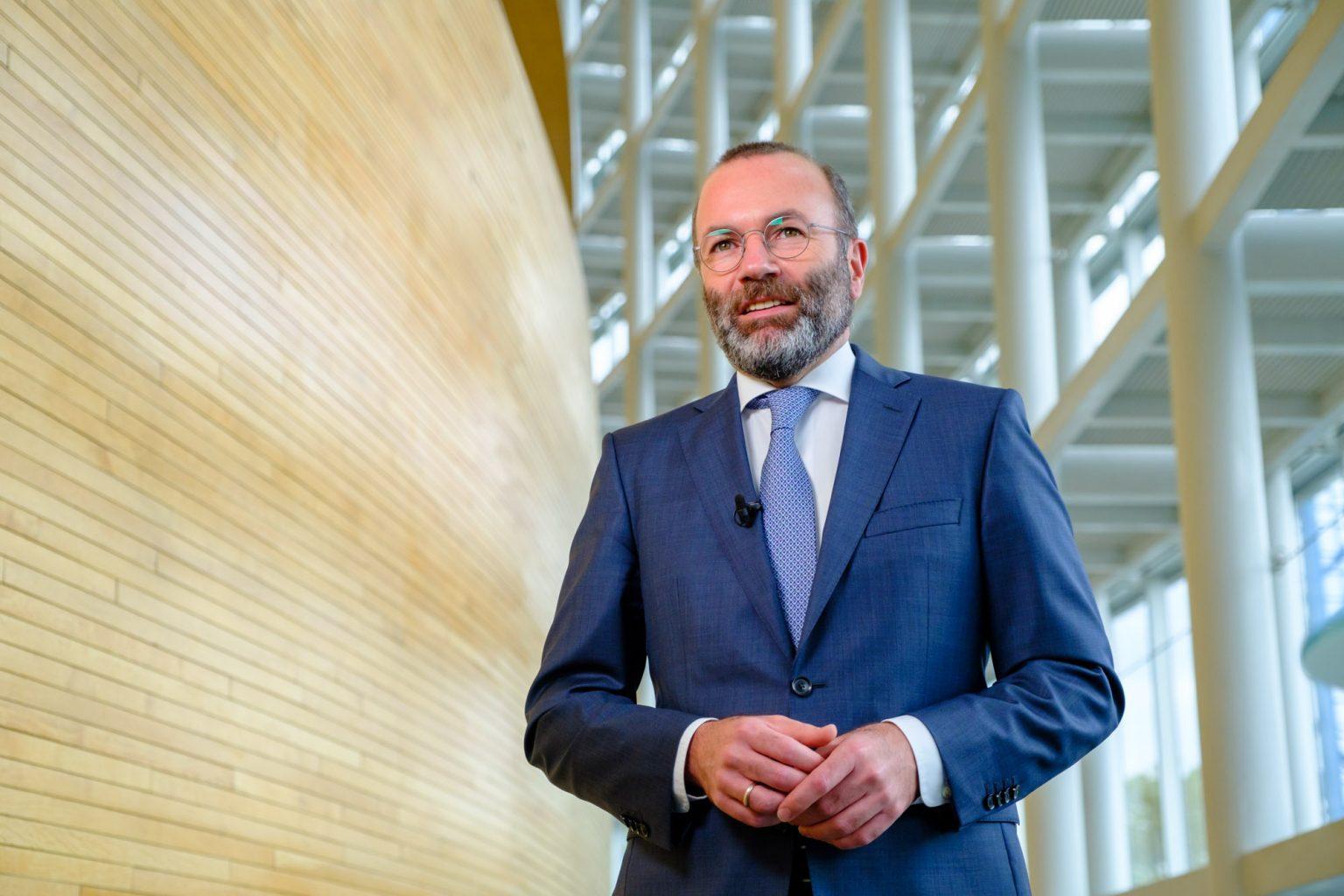After the Coronavirus, it is now the turn of inflation to darken the horizon of Europeans and weigh down their purchasing power. Insidious, skyrocketing prices gallop from supermarket shelves to petrol pumps, massively increasing the cost of even the smallest everyday product. If everyone is concerned, it is obviously the poorest who are the first victims. Leaders seem to be helpless as even if the subject is on the agenda at all international meetings, from the G7 to the European Summit, the coordinated reaction of the leaders is long overdue. Admittedly, I am not claiming that the solution is easy to find, but still, is it normal to leave Europeans to their fate and their bills?
This subject is all the more worrying as the record level of inflation (more than 8%) will not fall overnight. Nor has the war-induced spike in raw material and energy prices in Ukraine, as well as supply difficulties related to shortages of certain materials.
So what do we do? Recognise the mistakes already made so as not to reproduce them. The first is obviously the far too late reaction of the ECB. The US Federal Reserve has already raised its rates sharply, while Christine Lagarde has just announced a slight increase for the month of July. Why wait so long? If we allow the gap with other developed economies to grow too large, it will only create additional inflationary pressures through the exchange rate. The role of the ECB is above all to guarantee price stability and in this regard, a further significant increase in interest rates will be essential.
Secondly, the massive erosion of household purchasing power sheds harsh light on the years of poor management of public finances by certain governments, starting with France. Thus, it is with some astonishment that I heard the Minister of Economy Bruno le Maire indicate that the country has reached its “alert level” on public finances and that it is becoming difficult to refinance the debt. It’s an interesting comment, as President Emmanuel Macron has ruled France for 5 years. Some could even say in bad spirit that it has been 7 years, counting his previous experience as Minister of the Economy. Admittedly, France, like its European neighbours, is recovering from two years of Coronavirus, but how do you explain that some are doing better than others? The fact that France has for years neglected structural reforms that improve the overall productive capacity of the economy is surely a clue.
However, I recognise that Macron’s government is trying to react by presenting its purchasing power law this week. I hope that the proposals will be up to the challenges, that they will inspire other States and that they will be more than communications tricks.
Moreover, I am disappointed that Bruno le Maire seemed to rule out the idea of a reduction in the fuel tax proposed by several parties, in particular the Republicans, on the grounds that the latter would be expensive. As I recalled in a letter sent to Commissioner Paolo Gentiloni, reducing taxes would have a direct impact on households. This would be much more effective in the long-term than a temporary rebate like the one put in place by the government a few weeks before the elections.
Improving the health of household budgets also requires a reaction from the European Commission on two levels.
On the one hand, there is an urgent need to present a concrete and detailed medium-term plan on how to return to prudent fiscal policies. Indeed, I remind you that the European executive has proposed to extend the suspension of the Stability Pact until the end of 2023. Admittedly, this is a relief for some, but beware of the possible backlash. With the combination of record post-pandemic debt levels and the rise in ECB rates, we risk uncontrolled slippages…
On the other hand, it is essential that the Commission encourages Member States to use the full potential of its new REPowerEU plan in order to make the Union independent of Russian fossil fuels well before 2030. For example, promoting household energy savings or investments in the field of solar energy, are welcome to protect Europeans’ wallets.
Whether on COVID or the war in Ukraine, the coordination of Member States has been exemplary and it must stay that way in the battle to protect purchasing power. This is particularly a challenge in countries like France, where reinvigorated populists are waiting for the opportunity to blame the EU for the cost of living crisis.


